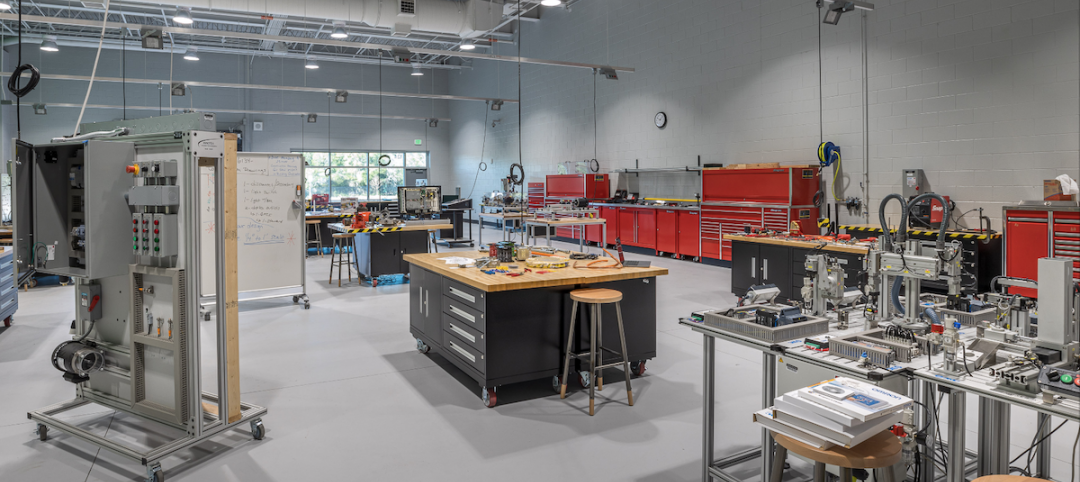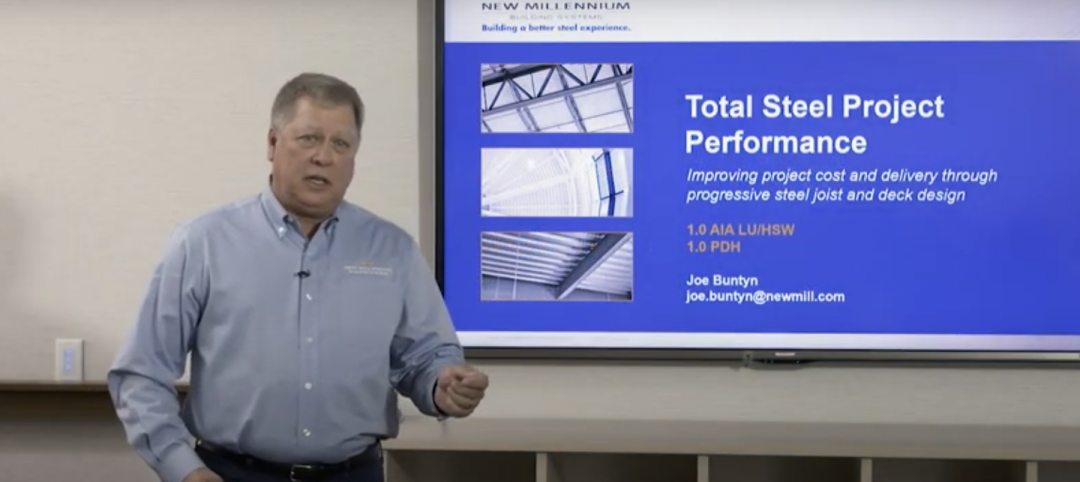You’re probably pretty content in your present position. But if your “dream job” opened up, would you be ready to go for it? Would your resume be up to today’s standard? In many cases, probably not.
Design Force can help. We have 12 years’ experience providing premium career development support to AEC professionals. We’d be glad to review your resume on a free, 100% confidential basis.
One item that can be very effective in any resume is your experience with mentoring. Many design and construction firms have formal mentorship programs that pair new professional staff with veteran members of the firm. How effective is your firm’s mentoring program? Don’t have one? Maybe you should help get one started.
There are different forms of mentorship. In many AEC firms, mentoring occurs almost by accident. The new staff member somehow latches on to a more established person in the firm to seek advice and counseling on the ins and outs of the firm.
This form of mentorship gives you choice—you’re not getting stuck with someone you don’t like. But there’s no guarantee that the mentor will do a good job, or even that he/she is really interested in mentoring you.
At some AEC firms, particularly the larger ones, you may be assigned a mentor by the HR department, the CEO, or your department head. This has the advantage of being sanctioned by your firm and presumably tested over time. You can reasonably expect that the mentorship has a structure and that you will benefit from it. On the other hand, due to personality differences, gender issues, age or generational differences, etc., you may not be entirely comfortable with your assigned mentor. This could prove awkward in the everyday work environment.
You may want to have more than one mentor: one for specific advice about the workings of the firm—its strategic direction, what kinds of project work is most valued, what management is looking for from you, what gaps exist that fit you can fill to enhance your career growth path; the other for more general advice about your profession—how to get placed on professional society committees, how to obtain speaking engagements, what pro bono work can help your career, community service, alumni affiliations, etc. This person may be completely outside your firm but well-established in your profession.
Mentorships should have clear guidelines. You and your mentor should establish how frequently you will meet—once a week? Once a month? Quarterly?—and under what circumstances—coffee outside the office? A formal sit-down in the office? Should the discussion be business only, or can personal matters enter into the conversation? How long a period should the mentorship last? Should it be reevaluated once a year? How would it be ended? Should there be a written report at some point? Who would have access to such a report?
Some AEC firms have come up with interesting innovations in their mentorship programs. One firm we know assigns two mentors to every new employee. This helps you get feedback and advice from different perspectives.
Other firms are using two-way mentorships. Senior staff members work with younger or junior staff on subjects like how to improve client relations, how to bring in business, and how to get things done most effectively within the firm’s structure.
The protégés then work with their senior counterparts on solving problems that they’re more comfortable with, such as how to implement new software, or how to use the latest AEC-industry apps.
An interesting approach we recently learned about through one of our clients is for you and your mentor to take responsibility for a specific task that contributes to the firm's betterment. It could be a better way to catalog standards in the firm’s library, or the development of a new presentation prep technique, or rethinking the marketing strategy for a studio.
What if you are asked to become a mentor? My advice: Think carefully before agreeing to do so. Mentorship is a serious responsibility. Your protégé’s career can and probably will be affected by the quality of the mentoring you provide.
But mentoring, done right, can give you visibility to climb in your career—and for your protégé as well. You’re both working hard for your individual improvement and the firm’s betterment.
Ahmed Kurtom is Managing Principal of Design Force, a Washington, D.C.–based firm specializing in career placement opportunities for AEC professionals.
For a FREE 100% CONFIDENTIAL resume review by an experienced Design Force hiring manager, email your resume to: careers@designforcesolutions.com - SUBJECT LINE: Free Resume Review/BDC090816A
Related Stories
Sponsored | BD+C University Course | Apr 1, 2022
Video surveillance systems for multifamily housing projects
This introductory course provides detailed technical information and advice from security expert Michael Silva, CPP, on designing a video surveillance system for multifamily housing communities – apartments, condominiums, townhouses, or senior living communities. Technical advice on choosing the right type of cameras and optimizing the exterior lighting for their use is offered.
K-12 Schools | Apr 1, 2022
Charleston County’s award-winning career and technical education high school
BD+C Executive Editor Rob Cassidy talks with the team behind the award-winning Cooper River Center for Advanced Studies, a Career|Technical Education high school in Charleston County, S.C.
Modular Building | Mar 31, 2022
Rick Murdock’s dream multifamily housing factory
Modular housing leader Rick Murdock had a vision: Why not use robotic systems to automate the production of affordable modular housing? Now that vision is a reality.
Contractors | Mar 28, 2022
Amid supply chain woes, building teams employ extreme procurement measures
Project teams are looking to eliminate much of the guesswork around product availability and price inflation by employing early bulk-purchasing measures for entire building projects.
Contractors | Mar 23, 2022
Hiring Construction Workers in a Frantic Post-Covid Job Market
McCarthy Building Companies' Director of Talent Acquisition, Ben Craigs, discusses the construction giant's recruitment and training strategies in a hyper-competitive market. Craigs sits down with BD+C Senior Editor John Caulfield.
Sponsored | BD+C University Course | Jan 30, 2022
Optimized steel deck design
This course provides an overview of structural steel deck design and the ways to improve building performance and to reduce total-project costs.
Urban Planning | Jan 25, 2022
Retooling innovation districts for medium-sized cities
This type of development isn’t just about innovation or lab space; and it’s not just universities or research institutions that are driving this change.
Sponsored | Resiliency | Jan 24, 2022
Norshield Products Fortify Critical NYC Infrastructure
New York City has two very large buildings dedicated to answering the 911 calls of its five boroughs. With more than 11 million emergency calls annually, it makes perfect sense. The second of these buildings, the Public Safety Answering Center II (PSAC II) is located on a nine-acre parcel of land in the Bronx. It’s an imposing 450,000 square-foot structure—a 240-foot-wide by 240-foot-tall cube. The gleaming aluminum cube risesthe equivalent of 24 stories from behind a grassy berm, projecting the unlikely impression that it might actually be floating. Like most visually striking structures, the building has drawn as much scorn as it has admiration.
Engineers | Jan 12, 2022
Private equity: An increasingly attractive alternative for AEC firm sellers
Private equity firms active in the AEC sector work quietly in the background to partner with management, hold for longer periods, and build a win-win for investors and the firm. At a minimum, AEC firms contemplating ownership transition should consider private equity as a viable option. Here is why.
Sponsored | BD+C University Course | Jan 12, 2022
Total steel project performance
This instructor-led video course discusses actual project scenarios where collaborative steel joist and deck design have reduced total-project costs. In an era when incomplete structural drawings are a growing concern for our industry, the course reveals hidden costs and risks that can be avoided.
















